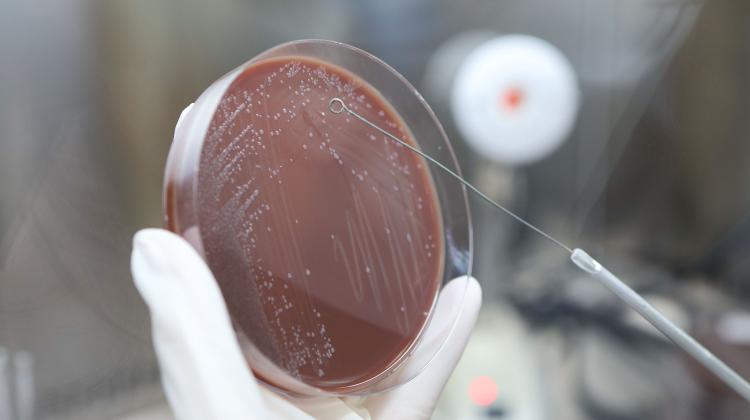Warm February is the result of global climate change
 Credit: Adobe Stock
Credit: Adobe Stock
Warm February is not an ordinary anomaly; it fits into the picture of global warming. This must be taken seriously, Professor Bogdan Chojnicki from the University of Life Sciences in Poznań told PAP. In his opinion, this is a picture of system-wide climate change.
The Institute of Meteorology and Water Management reports that, according to analyses of measurements from weather stations in Poland, this year's February can be considered a 'thermally extremely warm' month, with an average area anomaly compared to the long-term conditions in 1991-2020 of plus 5.9 degrees Celsius (as of February 25, 2024). Referring to data collected as part of the Climate Change Service, the Institute previously reported that last January was the warmest January in history and the eighth January in a row with record values. The average global temperature from February 2023 to January 2024 was the highest in history, 0.64 degrees C above the average from 1991-2020 and 1.52 degrees C above the average from 1850-1900.
Professor Chojnicki told PAP - Science in Poland that 'we should not be afraid, because fear is not a good adviser, but the situation is very serious'.
He said: ‘Of course, one could say that a record-warm February can always happen, but this situation is different. January was record-warm on our planet, which means that a warm February is not a mere anomaly, it fits into the picture of global warming.’
The scientist pointed to high ocean temperatures. According to data published, among others, by the Institute of Meteorology and Water Management, the average global ocean temperature in January in the area above 60 degrees S - 60 degrees N reached 20.97 degrees Celsius. 'The oceans have never been so warm, at least not since 1982, when we started to observe them systematically. We had a record-breaking December 2023, and January and February 2024 turned out to be even warmer,’ Professor Chojnicki said, adding that this was a serious change.
'I can see that scientists do not really know how to explain this situation in the Atlantic. If we look at the history of discussions about climate change, many people from scientific circles have mentioned that the Earth, which is 2/3 covered with water, has a natural +cooler+ in form of oceans. The oceans have a huge heat capacity and could simply mitigate these changes. But if the cooler we are talking about is starting to get warmer, it means that predictions about the compensating role of the oceans unfortunately give less and less hope for a natural slowdown of global warming,’ he said.
According to the scientist, the average resident of Poland, who perceives climate change only from the national perspective of a warm, short and snowless winter, must remember that this is the coldest period of the entire year.
'And now the hot periods are coming. This is a signal that the entire average temperature value is clearly shifting, not as an anomaly, but as a system-wide change. We have to prepare for really high temperatures in the summer. Secondly, if there is a lack of precipitation, then the risk of drought occurring will be much higher,’ he said.
He added that the warm Atlantic Ocean could lead to the appearance of a large mass of water in the atmosphere in our geographical region. 'It is possible that after a period of drought we will have periods of heavy rainfall. This is not entirely neutral for the average person, because droughts may cause losses in agriculture, and intense rainfall may cause, for example, the washing out of the soil, i.e. further losses, but also sudden water rises and flash floods,’ he said.
'Many say that we can adapt to climate change. But remember that we are talking about the whole world. The record-warm February is a symptom of an increase in temperature all over the globe. The forecasts are that where there is a lot of water, it may there may be even more, and in places where there is drought, there may be even less water,’ he added. (PAP)
Szymon Kiepel
szk/ pad/ kap/
tr. RL
Przed dodaniem komentarza prosimy o zapoznanie z Regulaminem forum serwisu Nauka w Polsce.

















